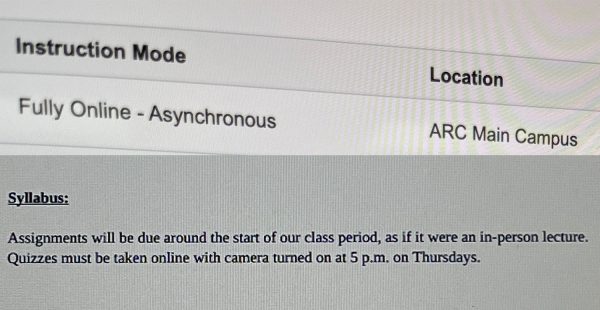Propaganda can change a nation’s path—the Russian attack of Ukraine exemplifies this fight
In the world of war and propaganda though, as the result of following the wrong path could lead to the unjustifiable loss of human life
Whether it be television or social media, propaganda is found everywhere during times of war. (Photo by Pinho via Unsplash)
Nationalism has made war and propaganda inescapably related and technology has made it even more complicated. In countries like Russia and North Korea, pro-government propaganda is weaved into every widely available form of media. In the United States and Europe, pro-Ukrainian propaganda has helped the country’s fight for democracy.
Through social and mass media, the Russian invasion of Ukraine has received the international attention it deserves and needs. It allows citizens to push their governments to act. Let us tread carefully in the world of war and propaganda, though, as the result of following the wrong path could lead to the unjustifiable loss of human life like what we saw in Iraq and Afghanistan.
On September 11, 2001, the country watched the World Trade Center’s twin towers collapse and cover the streets of New York City with smoke and debris. It planted a seed of paranoia and fear, which a handful of politicians would soon cultivate into weaponized propaganda.
Joshua Weiner, a history professor at American River College, pointed me to former U.S. president George W. Bush’s 2002 State of the Union Speech as an example of how the use of propaganda can change a nation’s path.
“An axis of evil looking to threaten the peace of the world,” Bush said about Iraq then. “The price for indifference would be catastrophic.”
Saddam Hussein, Iraq’s then-president, had attracted the attention of leaders all around the world with empty threats of having access to weapons of mass destruction. Even though no evidence existed to corroborate his claim, many politicians began to present this as the indisputable truth. By March 2003, the U.S. invasion of Iraq would begin.
Many of the citizens and politicians who supported the invasion of Iraq truly believed in the fight against evil. This propaganda campaign played on the emotions that rippled around the entire globe the morning of Sept. 11, 2001, and many felt good about going in.
“It’s a brilliant speech in the sense that it’s so cynical and gross but… it’s what you have to do if you’re going to wage war in the modern age,” Weiner said in an interview.
In Dec 2011, the seven-year war between the U.S. and Iraq would end and no weapons of mass destruction were ever found. The entire world had been fooled by the propaganda campaign and the careers of many well-respected politicians were permanently stained. This was one talking point that may have led to the loss of former Secretary of State Hillary Clinton in the 2016 presidential campaign.
The Russian propaganda campaign is working at full force within the country during the 2022 invasion of Ukraine. Independent media has been banned or censored and folks who rely on mainstream media to get information have been detached from all outside sources.
“When war happens…in the era of nationalism, you can’t just go to war because you want to go to war,” Weiner said. “Now you have to convince people that war is being fought in their interest.”
Many within Russia have been misled into fighting for a false cause of saving the Ukrainians from a neo-Nazi government regime. Though being halfway around the world leads to feeling powerless, spreading awareness and visibility of the issue can help.
The horrible image that surfaced of Ukraine in March 2022 depicting the bodies of four family members lying dead in the street spread like wildfire across social media sites. It was plastered on the front page of all media news sites.
This image truly helped Ukraine by winning over public sentiment and pressuring governments to step up. Journalists and photographers are doing a great job getting the images out to the world, risking their lives in the process. As long as we consume media responsibly and critically, propaganda has its place in wars and can change things for the better.















